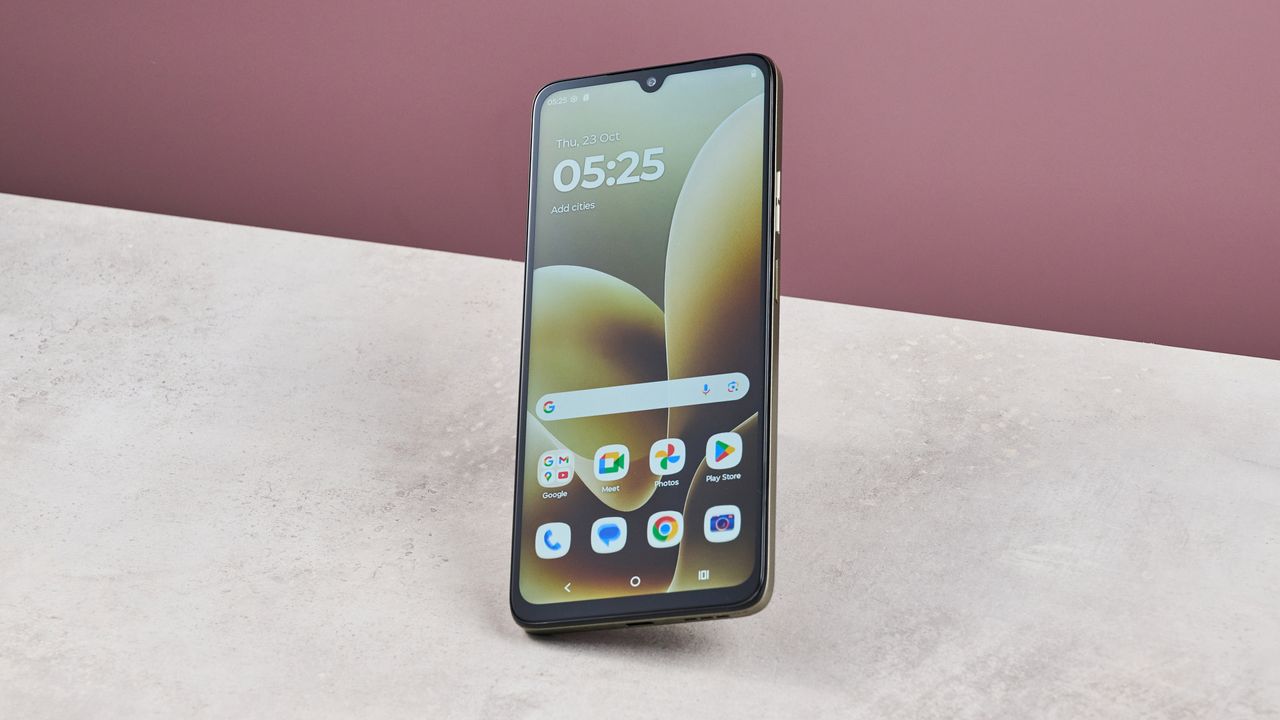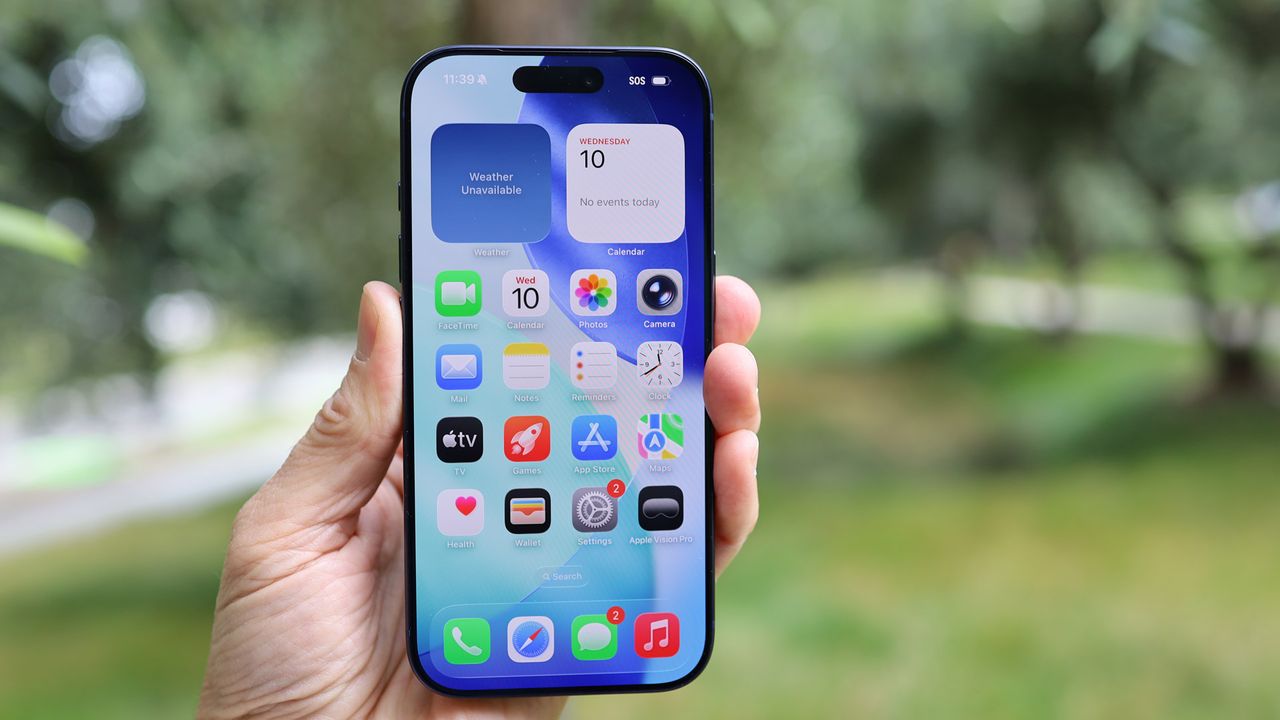
It’s been kind of hard to watch Twitter and Facebook over the last 2 years. I mean, it’s been both painful and entertaining, if I’m being honest. Entertaining in the sense that all anyone has to do was let companies be themselves. The cost, however, hasn’t just been financial. It’s been at the expense of democracy, the free press, at-risk populations, and some might argue even on the economy. That said, it’s hard not to stay fixated on this train wreck as it barrels down the track. Facebook has seemingly been the worse of the two. Not necessarily because I have a strong dislike for them, but because their failures have been both epic and also public.
Sure, both have shown poor judgment, but there’s one company that we’ve missed completely – Google. Google has been playing “fast and loose” with the idea that they don’t track your location. I mean, sure they do. If you’re using Google at any time during your day, they somehow know where you are. Whether or not they “track” and keep that information is another story. One that I hope to get to the bottom of today.
This past week, the Associated Press published the findings of its investigation showing that Google tracks your locations even if you’ve shut off the Location History setting. This is what Google says to do if you don’t want Google tracking you. Google states, “you can turn off Location History at any time. With Location History off, the places you go are no longer stored”. Is that even true? According to the Associated Press, the answer is no.
“Even with Location History paused, some Google apps automatically store time-stamped location data without asking. (It’s possible, although laborious, to delete it.)”
This means that Google isn’t telling the whole truth and they’re actually being deceitful. The Associated Press goes on to say:
For example, Google stores a snapshot of where you are when you merely open its Maps app. Automatic daily weather updates on Android phones pinpoint roughly where you are. And some searches that have nothing to do with location, like “chocolate chip cookies,” or “kids science kits,” pinpoint your precise latitude and longitude — accurate to the square foot — and save it to your Google account.
The report also stated “Computer-science researchers at Princeton confirmed these findings at the AP’s request.”
A couple of questions spring to mind. Why is Google storing this information to start with? And why have they been keeping it a secret? Once this information was released Google was scrambling to put the genie back in the box. They gave the Associated Press a Facebook-style “talking around the issue” type lecture and blaming users. Because without this information they couldn’t help improve the user experience. But other news outlets are getting different reports back on the same issue. So who’s telling the truth?
Certainly not Google. I mean, if they were, they wouldn’t have given two separate answers around this particular issue. That said, we live in a time where we honestly don’t know how we’re being tracked. Regardless of how much you try to prevent it, or understand it, there is no good answer. All I can say is that we need to keep exposing these stories as that’s the only way the information becomes public.



